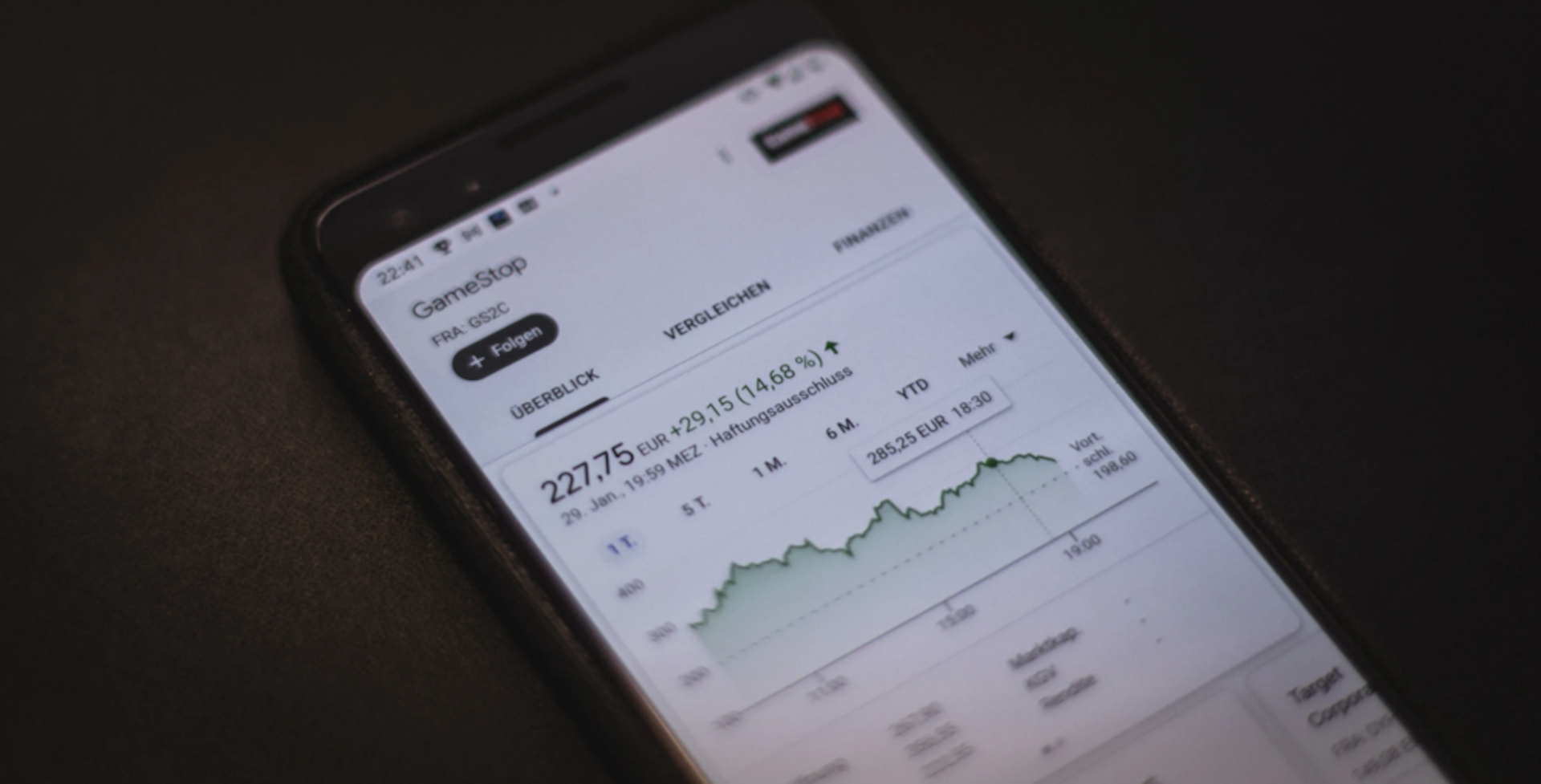GameStopping Wall Street
An absolutely epic event occurred last week. A new class of activist investors harnessed the power of crowd-sourcing to crush short-sellers betting on the demise of an ailing company. This "new class" consisted of the little guy -- maybe the millennial with just a stimulus check -- and no "connections" other than the one on the computer. The ensuing personal stories bring tears of joy for "the people" -- some were able to pay off their car loan, or student debt, or even their mortgage. One trader managed to turn a $53,000 bet into a $48 million pay-date using the options market. That's what can happen when a stock moves in less than three weeks from $19.94 on January 11 to $325 on January 29.
But making the story even more delicious is the way in which this perfect storm unfolded and the hypocrisy it revealed about the workings of the financial industry. Our focus article ( Suck It, Wall Street) lays out the ways in which Wall Street, ever since (and before) that sordid 2008 bailout, has been able to fleece Main Street using obscure techniques and manipulation courtesy of the regulatory capture of the lawmakers.
First, though, many of you have undoubtedly heard the name GameStop (GME) -- forget anything about the company's fundamentals or even what it does for that's largely irrelevant for our purposes. Just know that a fairly common practice among "hedge funds" is to identify troubled companies and to engage in so-called short selling i.e. borrowing stock from a third party and selling it with the aim of then repurchasing the shares at a lower price, returning the borrowed shares to the lender, and pocketing the difference.
Short selling can have its place as a way to maintain share price equilibrium by ferreting out negative aspects of the corporate story. It can, on the other hand, be used as a way to extract money by the equivalent of visiting the battlefield to bayonet the wounded. Like GME. That was the intent here, but this time they miscalculated in a big way.
The main hedge fund attacking GME managed to sell short more shares than was in the float (the publicly traded shares) -- some of the "lenders" didn't actually own the purported shares. This imbalance was then recognized and communicated on a website frequented by the retail community. The show was on as the small guys began to purchase shares, thereby lifting the share price. Whoops.
The hedge fund's position started to lose money, slowly at first, then all at once as the share price moved to, and then higher than, the strike price of the outstanding options, forcing the market maker to buy more shares in support of those options (a so-called gamma squeeze). The hedge fund could no longer repurchase and thus cover without buying on the open market which by then had started to skyrocket. In effect, the retail shareholders said to the desperate hedge fund: Who's my bitch.
Anything might occur after this writing (on 1/31) and before our MM 2/8 session. One guess is there will be an orchestrated move to facilitate the issuance of new company shares, either for direct sale or as part of a share-for-share acquisition. The effect of greater share circulation would be a pronounced share price reversal which, while perhaps saving the hedge fund position (were it still open) along with the company, would devastate those retail investors who got in late.
Whatever the outcome, this epic event lays bare a number of compelling discussion topics. Part of the irony in Wall Street's reaction to this event points directly to the abuses it itself has long practiced -- see their howls as a look in their own mirror: "Hey, this is manipulation" or "Well, they're pushing prices away from the fundamentals". You'll find most every protestation of purported impropriety to be precisely the business model driving these same hedge funds. We can also expect cries for censorship of the retail platforms, thus raising freedom of speech questions.
Well, shame on them, yet for us it provides a "teachable moment," one being who is it that enables these hedge funds in the first place? So, yes, hedge funds, feel free to go after the little guys for having once turned the tables on your very own fleecing games but glance over your shoulder and you'll catch a glimpse of The Fourth Turning.

